An 18-year-old will travel to space with Jeff Bezos 0:47
New York (CNN Business) -
Jeff Bezos, the richest man on the planet, is gearing up for an 11-minute rocket-powered 3,700km / h excursion to the edge of space, culminating a month full of rocket news and a little drama among the richest people in the world who devote much of their wealth to developing rockets.
Bezos, who founded Blue Origin in 2000 with the goal of using part of his Amazon fortune to develop rocket technology for a variety of business purposes, will set out on his extraterrestrial journey just nine days after his billionaire colleague and company founder of rockets, Richard Branson, make his trip.
But Bezos's flight, and the technology his company developed to get him there, is very different from Branson's. Blue Origin's New Shepard is a small suborbital rocket that takes off vertically from a launch pad, providing a shorter but higher speed experience than the air-launched space plane created by Branson's Virgin Galactic. But like Virgin Galactic's aircraft, New Shepard is designed to transport paying customers more than tens of kilometers above the Earth's surface during moments of weightlessness and panoramic views of Earth.
New Shepard has conducted 15 automated test flights with no people on board, and Bezos announced in early June that he intended to be on the first crewed flight, which is scheduled for July 20.
People will be able to watch the entire live stream of Blue Origin, where it will show exterior shots of the rocket and capsule blasting into the cosmos.
(Shots of the interior, and Bezos's facial expressions, won't be released until after the flight.)
The missions are expected to begin on Tuesday after 8 a.m. ET, weather permitting.
OPINION |
Richard Branson's disappointing space travel
CNN Business will share the live stream and post a live blog with updates.
advertising
Here's everything you need to know before the big event.
Who goes
Although the New Shepard capsule can carry up to six people, Bezos will carry only three others on this maiden voyage.
They include his brother, Mark Bezos;
Wally Funk, 82-year-old pilot and one of the women from "Mercury 13";
and a recent 18-year-old high school graduate named Oliver Daemen.
Bezos was supposed to fly alongside a mystery bidder who won a recent Blue Origin auction by agreeing to pay $ 28 million for a seat on the flight, but the company announced Thursday that the person, who asked to remain anonymous for the At the time, it had been withdrawn due to "scheduling conflicts."
Daemen, whose father, the founder of Dutch investment firm Joes Daemen, paid for his ticket, will fly in place of the auction winner.
What will happen?
When most people think of space flight, they think of an astronaut circling the Earth, floating in space, for at least a few days.
That's not what the Bezos brothers and their fellow travelers will do.
They will get on and off immediately, and they will do it in less time, about 11 minutes, than it takes most people to get to work.
Visually, the Blue Origin livestream will look very similar to how most New Shepard test launches of years past have looked: the rocket and capsule will be on a launch pad at Blue Origin's private facility in rural Texas near Van Horn, which is about 190 miles east of El Paso.
New Shepard's suborbital flights reach about three times the speed of sound, about 3,700 kilometers per hour, and fly straight up until the rocket uses up most of its fuel. The crew capsule will separate from the rocket in the early part of the trajectory and will briefly continue upward before the capsule nearly hovers in the early part of its flight path, giving passengers a few minutes of weightlessness. It works like an extended version of the weightlessness you experience when you reach the top of a roller coaster, just before gravity brings your car, or, in Bezos's case, your space capsule, screaming back to the ground.
The New Shepard capsule then deploys a large column of parachutes to slow its descent to less than 20 miles per hour before it hits the ground, and Bezos and his fellow travelers will be even more cushioned by shock-absorbing seats.
The rocket, which flies separately after being detached from the human-carrying capsule, will restart its engines and use its on-board computers to execute a precise, vertical landing.
Booster landing looks similar to what SpaceX does with its Falcon 9 rockets, although those rockets are much more powerful than New Shepard and, yes, more likely to explode on impact.
Some media outlets will also be allowed in to watch the launch and interview Bezos and the other passengers after landing.
CNN Business reporters will be on the ground during the flight and will post live updates on our site.
An 82-year-old woman who trained to be an astronaut sixty years ago is now going to space with Jeff Bezos
How is this different from what SpaceX and Virgin Galactic do?
Bezos' flight will arrive just nine days after British billionaire Richard Branson took his own supersonic journey to the edge of space, as a result of a surprise announcement from his space company, Virgin Galactic, days after Bezos announced his intention. to go into space.
The two men's ventures, and their PR machines, have entered a public exchange, although billionaires themselves have said they are not interested in competing to become the first to launch into space aboard a ship they are flying into. they helped finance.
But suborbital space tourism is not all that Branson and Bezos are seeking with their space ventures.
Nor is it the largest or most important sector of the burgeoning commercial space industry.
Branson, Musk and Bezos, however, have been compared for years because of their similarities: The three men used the fortune they amassed through other lines of business to start space-focused ventures.
Here's how they break down:
Elon Musk's SpaceX has been making headlines and breaking records with its rocket technology for years, and it's very different from what Blue Origin will debut on Tuesday.
First of all, SpaceX builds orbital rockets.
Orbital rockets need to accumulate enough energy to reach at least 17,000 miles per hour, or what is known as orbital velocity, essentially giving a spacecraft enough energy to continue rotating around Earth rather than being immediately dragged down by the gravity.
This is how SpaceX can put satellites into orbit or transport astronauts to and from the International Space Station.
Suborbital flights, however, do not need to travel as fast.
They only need to reach an altitude above the 80-kilometer mark, which the United States government considers to mark the edge of outer space, or the 100-kilometer mark, which is internationally considered the demarcation line.
(New Shepard is expected to reach over 100 km.)
What New Shepard will do on Tuesday will be more like what Richard Branson, the other space billionaire, plans to do with his company, Virgin Galactic.
Virgin Galactic also plans to send wealthy tourists into suborbital space, although it developed a very different vehicle to get there.
Instead of an autonomous rocket that takes off vertically, Virgin Galactic has built a piloted space plane that takes off from a runway (like an airplane) attached to a huge winged mothership.
Virgin Galactic has completed its own test flights, and Branson became the first billionaire to fly into space aboard a rocket that he helped finance on July 11.
How risky is this?
Historically, space travel is fraught with dangers.
Although the risks are not necessarily astronomical for Bezos' journey into suborbital space, his space company Blue Origin has spent most of the last decade directing New Shepard through a series of successful test flights.
Richard Branson, Jeff Bezos, and Elon Musk: The Billionaire Space Tourism Race
Suborbital flight also requires much less power and speed than orbital rockets.
That means less time is required for the rocket to burn out, lower temperatures burning the exterior of the spacecraft, less force and compression to tear the spacecraft, and generally less chance of something going very wrong.
However, every time a human is tethered to a rocket, there are risks involved, and apparently Bezos has calculated that, for him, it is worth it.
"Since I was five years old, I have dreamed of traveling into space," Bezos wrote in his June announcement on Instagram.
Jeff bezos

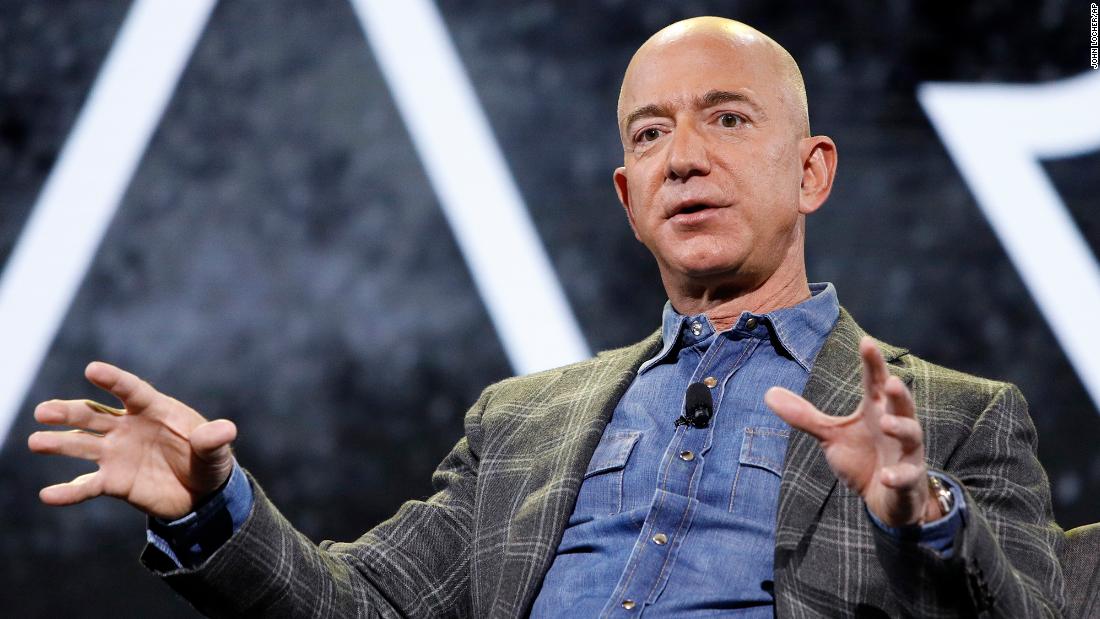
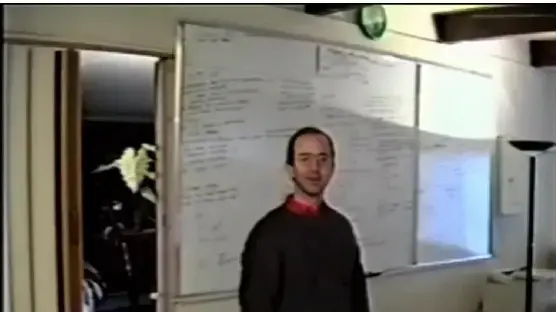
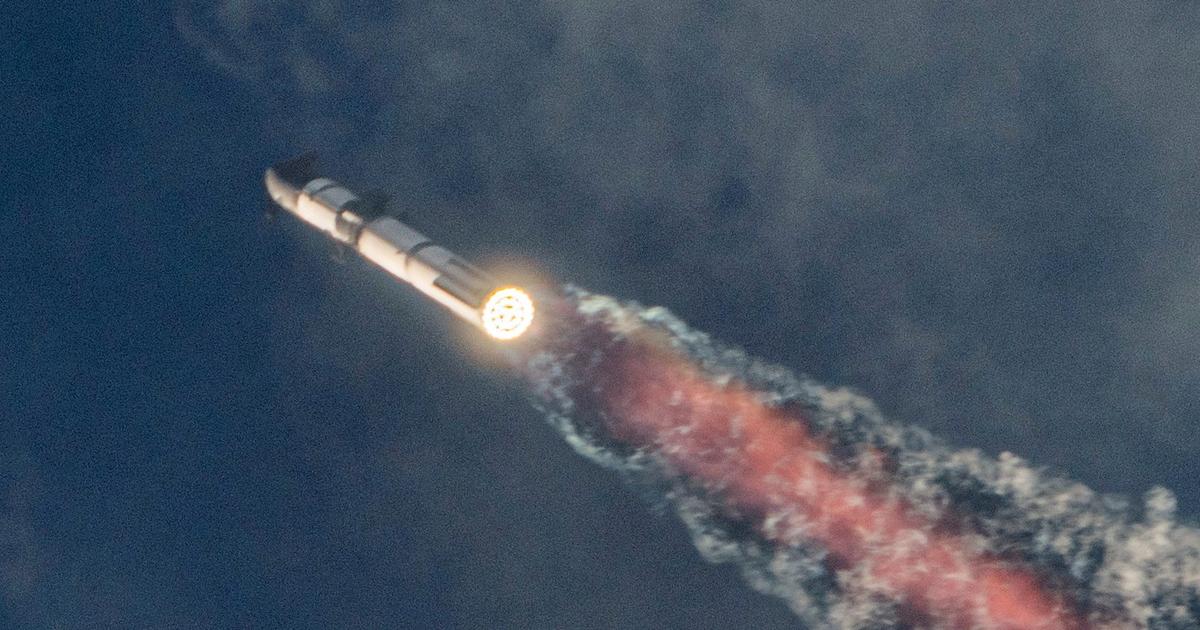
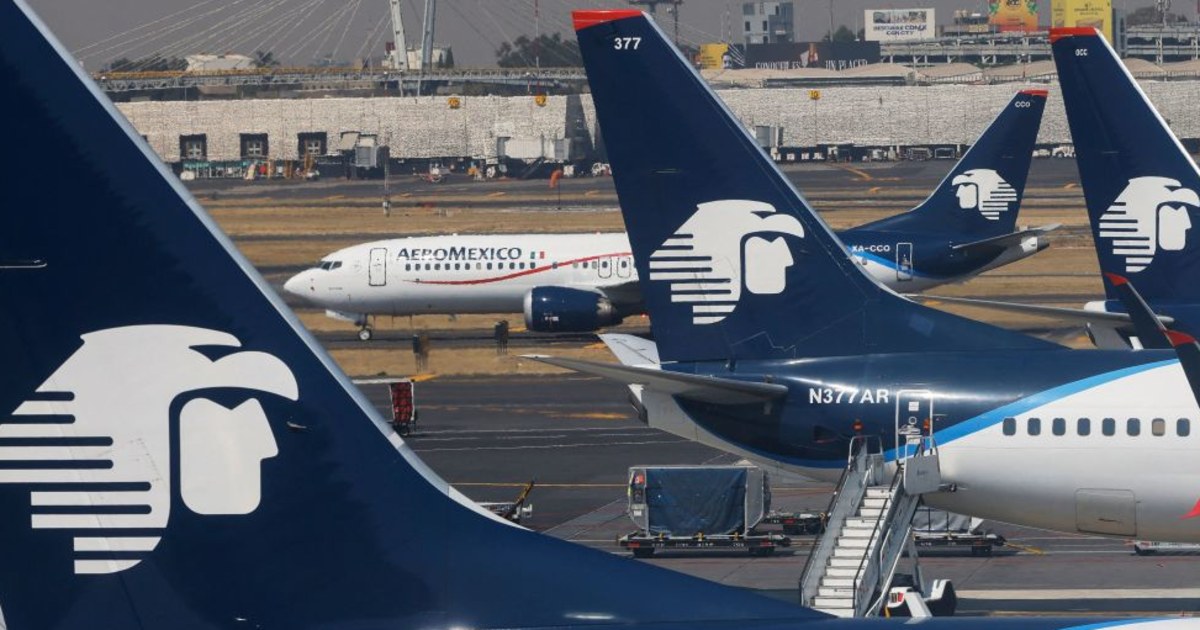
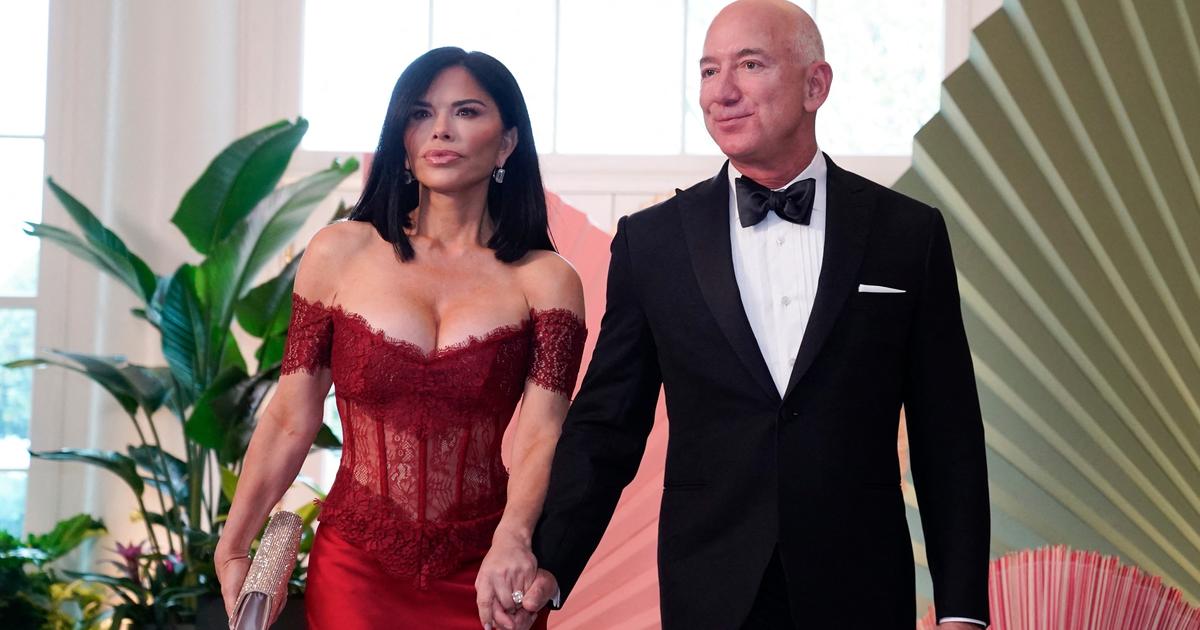


/cloudfront-eu-central-1.images.arcpublishing.com/prisa/KMEYMJKESBAZBE4MRBAM4TGHIQ.jpg)



